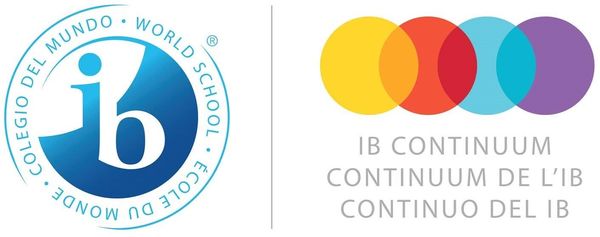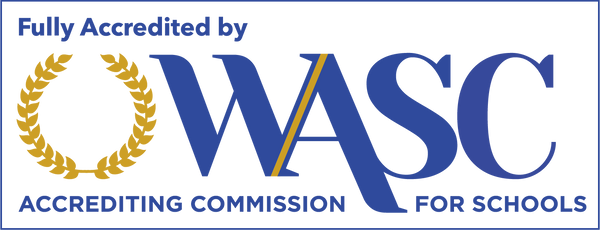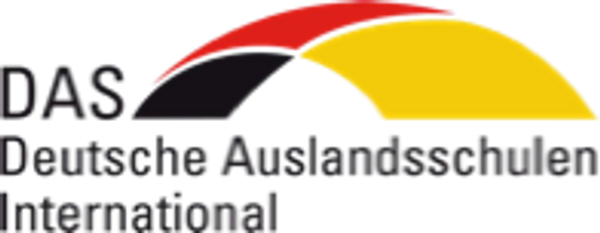In lower high school, we follow the IB Middle Years Programme.
English | 3 hours per week
The English programme supports and challenges students at their level of proficiency.
Languages | 3 hours per subject, per week
Students study at least one other language in addition to English.
Language Acquisition Courses: German, French, Mandarin, or Spanish
Mother Tongue Courses: German, Dutch, Danish, Mandarin*, Swedish*, French*, Spanish*, others#
Ethics is a branch of philosophy that teaches students to examine concepts such as right and wrong, good and evil, justice and virtue in relation to human behaviour and decision-making. This is an elective subject for students that do not study two languages.
Mathematics | 3.5 hours per week
Students are placed in streamed mathematics groups based on their ability.
Sciences | 5 hours per week
In-depth courses in biology, physics, and chemistry.
Design Technology | 2 hours per week
Students learn to work through the design cycle to investigate, design, and evaluate products.
Specialist Arts Programme | 2 hours per week
Students choose to specialise in 1 of 3 arts: music, theatre, or visual art.
Physical and Health Education | 1 hour per week
Creative movement, ball sports, athletics, and swimming.
Core Elements
In addition to the curriculum subjects, Grade 9 and 10 students complete the core elements.
Service as Action
Lower high school students participate in 3 Service as Action activities every year, including one independent project. Service as Action teaches students to apply their knowledge and skills to make a positive contribution to society and the environment. Students examine current global and local issues and choose to respond to these through action. In the process, they also develop new skills such as planning, executing, and working collaboratively.
Personal Project
Grade 10 students research a topic of interest and create a project around it. The project is largely self-directed, but students are paired with a mentor who provides ongoing guidance throughout the process. Students learn to take ownership over their learning, create project plans, find resources, solve challenges along the way, and make critical decisions.
*Additional fees may apply.
#Check with the Admissions Team about which other language options might be available.





